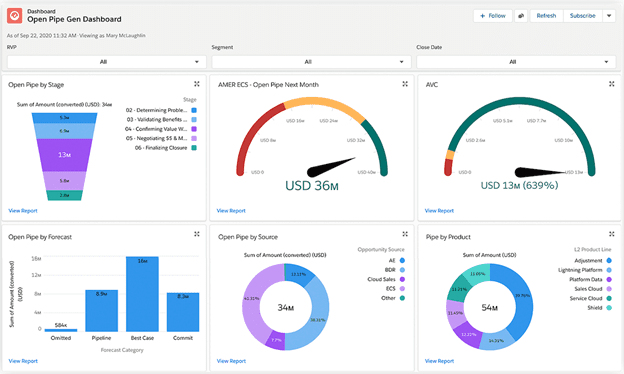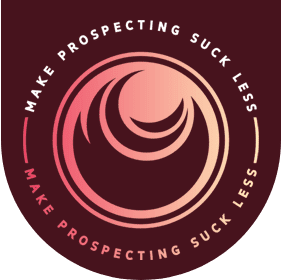
Redefining Sales Success: Why Top Salespeople Ignore Activity Metrics
In B2B sales, numbers often dominate discussions and strategies, a significant shift is occurring. Top salespeople are increasingly turning away from traditional activity metrics, focusing instead on deeper, more qualitative measures of success. This move is not a trend but a profound transformation in how sales effectiveness is measured and achieved.
Understanding Activity Metrics: A Traditional Viewpoint
Activity metrics have long been the cornerstone of sales management. These metrics typically include the number of calls made, emails sent, meetings booked, and presentations delivered. They are easily quantifiable, straightforward to track, and seemingly offer clear insights into a salesperson’s effort and dedication.
The Limitations of Quantitative Metrics
However, these traditional metrics paint an incomplete picture. They emphasize quantity over quality, often rewarding the sheer volume of sales activities rather than the effectiveness of these actions. This approach can lead to a mechanical style of selling, where the focus is on hitting numbers rather than fostering genuine connections with clients.
The Shift Towards Qualitative Success Measures
Top sales professionals understand that success in sales is not merely about how much you do, but how well you do it. They prioritize building strong relationships, understanding customer needs deeply, and delivering tailored solutions that truly address those needs.
Relationship Building: The Key to Modern Sales
In today’s market, the ability to build and maintain relationships is paramount. Top salespeople excel in this area, recognizing that trust and rapport are not built through a high volume of generic interactions. Instead, they engage in meaningful dialogues, listen actively, and respond thoughtfully. This approach not only enhances customer satisfaction but also fosters loyalty and long-term engagement.
Strategic Thinking and Insight Generation
Beyond relationship building, successful salespeople differentiate themselves through strategic thinking. They analyze customer data and insights to understand underlying trends and motivations. This allows them to anticipate needs and offer solutions before the customer even articulates them, thereby positioning themselves as valuable partners in the customer’s eyes.
Focusing on Outcome-Based Metrics
Another critical aspect is the shift from activity metrics to outcome-based metrics. These include customer satisfaction scores, repeat business rates, and the overall impact of solutions provided. Such metrics offer a more accurate reflection of a salesperson’s effectiveness and their contribution to the company’s long-term success.
Leveraging Technology to Enhance Sales Performance
Technology plays a crucial role in this evolved sales approach. Tools that provide detailed customer insights, predictive analytics, and personalized communication options enable salespeople to operate more efficiently and effectively. Rather than using technology to track every sales activity, top sales professionals use these tools to enhance their understanding of the customer and refine their sales strategies.
Cultivating a High-Performance Sales Culture
At the organizational level, embracing this shift requires a change in culture and mindset. Companies must recognize and reward qualities like customer-centricity, adaptability, and problem-solving, rather than merely focusing on activity metrics. Such a culture not only attracts top talent but also nurtures a more motivated and effective sales force.
Embracing the Future of Sales
As the sales landscape continues to evolve, those who adapt to this shift will find themselves ahead of the curve. Ignoring traditional activity metrics in favor of a more nuanced, relationship-focused approach does not mean disregarding discipline or accountability. Instead, it signifies a higher level of sales acumen—one that understands the complexity of modern consumer needs and the strategic nuances of meeting them. Top salespeople, by focusing on impactful, meaningful interactions and outcomes, set themselves and their organizations up for sustained success and growth.
